Pursuing the ketogenic lifestyle doesn’t mean you never or don’t eat carbohydrates.
It’s the type of carbohydrates that matter.
Refined carbohydrates like grains or chocolate are 10x worse than carbs from vegetables or fruits.
This is why I still love to eat certain carbs because they’re healthy.
Also, they fit my conditions such as:
- Hidradenitis Suppurativa.
- Gilbert Syndrome.
- Anemia.
- Heart block.
So here’s a list of carbs I still eat, occasionally, rarely, or semi-often.
1. Sauerkraut
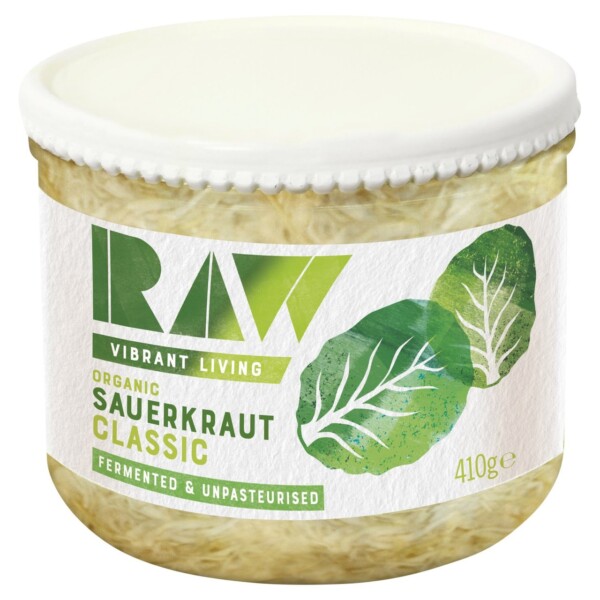
Between 1g-2g of carbs per 100g.
Sauerkraut is one of the more frequent foods on this list I eat. Especially when it comes to any form of a vegetable.
It’s a fermented product, it has Vitamin K2 unlike other vegetables (except seaweed), and more importantly, it doesn’t cause me any problems.
300-400g per meal straight out of the container for me.
2. Strawberries
Around 6g of carbs (pure sugar) per 100g.
This is more of an occasional food since it’s fruit. It doesn’t pair well for those with skin inflammation, Hidradenitis, or anything similar.
It’s not that strawberry is bad, but incompatible. In small amounts, strawberry is good and It’s one of my favourite fruits I can safely eat or enjoy.
Related: Fruits For Hidradenitis Suppurativa: The TRUTH
3. Mussels
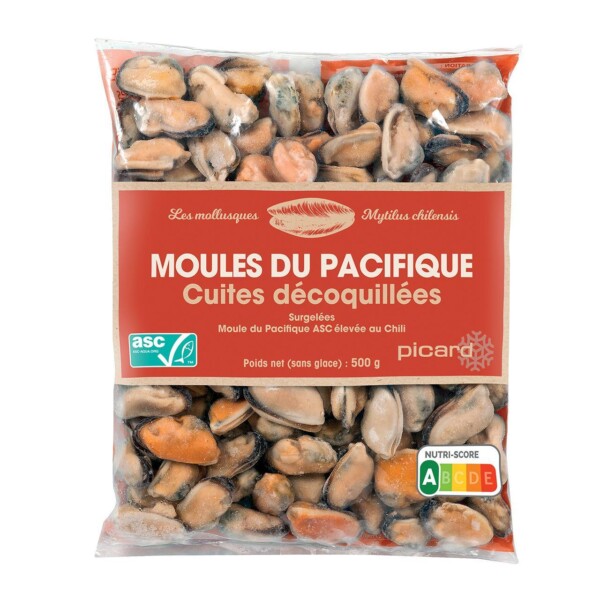
2g-3g of carbs per 100g.
You wouldn’t think of something like Mussels as a carb food, but it is. Just in very small amounts.
Still, for seafood, it’s something to take into consideration.
Mussels are loaded with iodine, iron, even vitamin C (why I have a lot of it) and other minerals.
Lower carbs = more vitamin C absorbed in the body.
4. Milkshake (homemade)
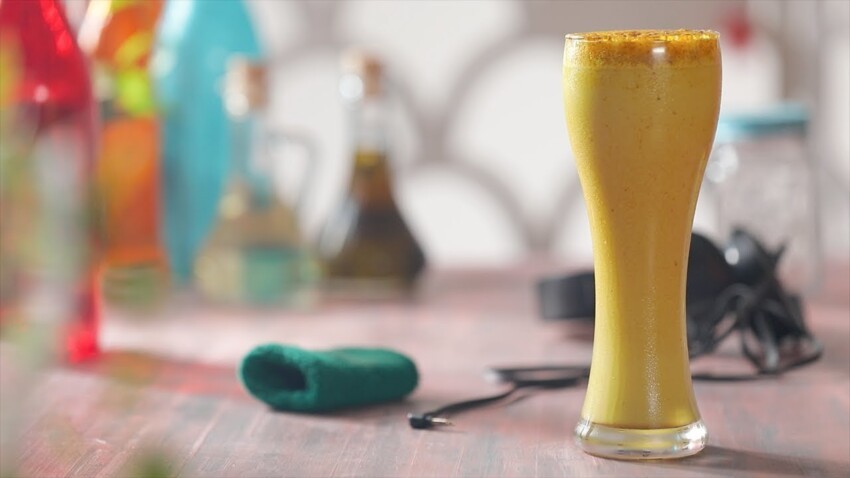
Source: Shemaroo https://www.youtube.com/watch?v=VnLV3D8_Sig
Between 1g-5g of carbs (depending on the source).
I have this rarely but it counts.
Making a milkshake from home is simple.
- You take a no-sugar milk like Soya (200ml-300ml).
- You add quality cream of any kind.
- Maybe Turmeric in the case of Turmeric milkshake.
- Some ice cubes.
- A healthy sweetener (or chocolate) with minimal carbs per 100g.
The last ingredient matters most because that’s where most of the carbs comes from unless you have regular dairy milk.
5. Edamame

1g-2g of carbs per 100g
Edamame are immature soybeans. Plenty of fat, protein, and fibre if you care for that.
I eat this on occasion, it’s not a habit. But should I eat veg or any sort of veg, this is one of the ones on my list since it works and has the right numbers.
6. Coconut water

3g-6g of carbs per 100ml.
Coconut water is something I don’t have very often, and when I do, I only get the best coconut water there is.
The one I buy has 3g of carbs per 100ml, so much less than a traditional coconut water which usually isn’t the pure thing anyway.
Why drink coconut water? High magnesium, potassium, even some calcium, and vitamin C.
It’s also the only form of coconut I can have without adverse effects.
7. Leeks
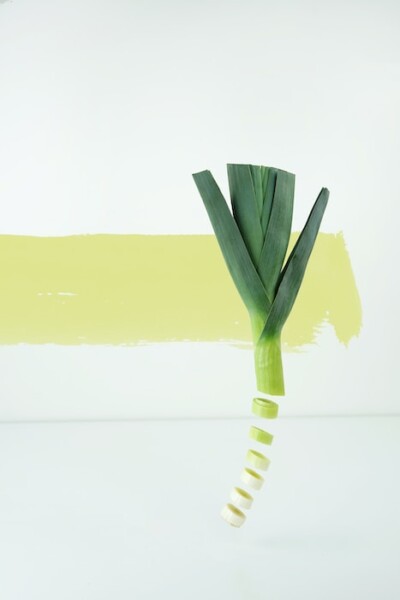
1g-3g of carbs per 100g.
Leeks are the lowest-carb onion you can buy or grow, with the exception of Spring onions. Another form of onion.
Leeks don’t taste the best by themselves, but once you pair it with quality olive oil, butter, sea salt, etc, it becomes satisfying and worth eating.
Especially for the typical health benefits that onions across the board are known for.
8. Prawn Crackers

Even rarer for me to eat are prawn crackers for obvious reasons. Take a packet of prawn crackers crisp as an example.
One pack in an M&S has around 32g of carbs off the top of my head. Or 34g at most.
One pack is the absolute limit if we’re using a 50g carb limit (I usually go for much less than this).
If I’m travelling and need to eat, or the situation calls for it, prawn crackers are on the list. Even if it’s from a Chinese restaurant (which has less carbs if eaten in smaller amounts).
9. Brussel Sprouts
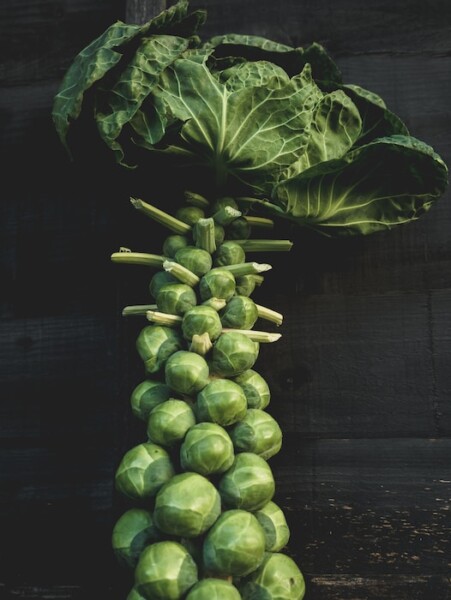
Brussels sprouts have around 3g-4g of carbs per 100g. Similar to other vegetables, you make them taste good by adding flavour and the right kind.
Vitamin C, low carbohydrate vegetables (good for vegetarians), beta carotene, and a surprising amount of mineral content make this a good choice.
10. Kimchi
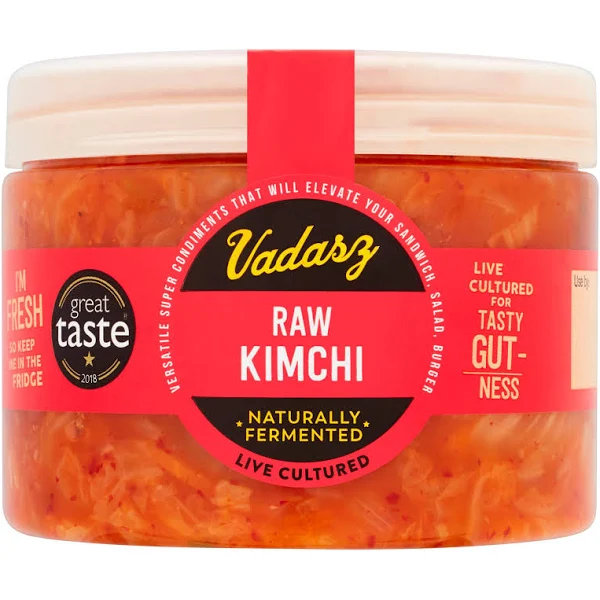
Kimchi has around 1g-3g of carbs per 100g. It’s a fermented product so It’s on the low end usually if it’s legitimate.
Some will complain about the salt content but that depends on the Kimchi. Either way, It’s one of the carbs I still eat and love to eat.
Not as often as Sauerkraut but still.
11. Oysters

Around 2g-5g+ of carbs per 100g
Oysters aren’t something I eat as much as Mussels, but it’s one of those kinds of seafood that has some carbs in it.
If we’re talking about ZINC content, Oysters have the most zinc of any food on earth.
It’s in a league of its own.
12. Watermelon

8g of carbs per 100g.
Watermelon is something I almost never eat, but If I’m out at a restaurant and there are fruits (rather than eating cakes or shi*t), I’ll have some watermelon.
It’s one of the freshest and best-tasting fruits out there. But it’s still a pure sugar so no good for those who need to avoid it for inflammation reasons.
13. Broccoli

2g-4g of carbs per 100g.
Broccoli is another occasional food I’ll drop into my food palette every now and then.
Given its size, you don’t need as much on your plate. And with its typical benefits, it’s easy to see the appeal.
Like some foods, I eat this for the benefits and not for anything else like pleasure.
14. Raspberries

Around 4g-5g of carbs/sugar per 100g.
Raspberries are the lowest sugar fruit besides Avocado, and the lowest sugar fruit out of the berry family.
Organic is best when eating raspberries or any berries since they’re part of the “dirty” foods among fruits and vegetables.
Some cream on top makes this a solid food choice aside from the obvious benefits.
I eat on occasion or less
–
In the end, there are still carbohydrates I love to eat and won’t stop eating unless there’s a need to.
Some are rarer for me than others because of the potential impact on my skin, but for the time being, my overall diet is meats, seafood, and animal products for this reason (with some carbs here and there).
Read:
17+ Vitamin C Food Sources (No Vegetables Or Fruits)

